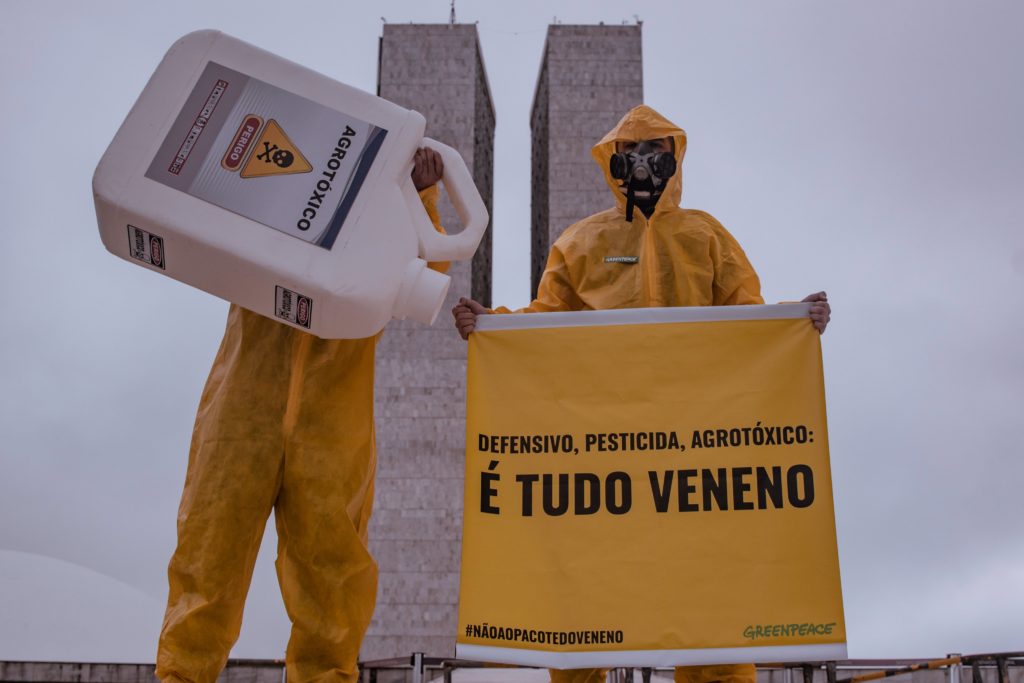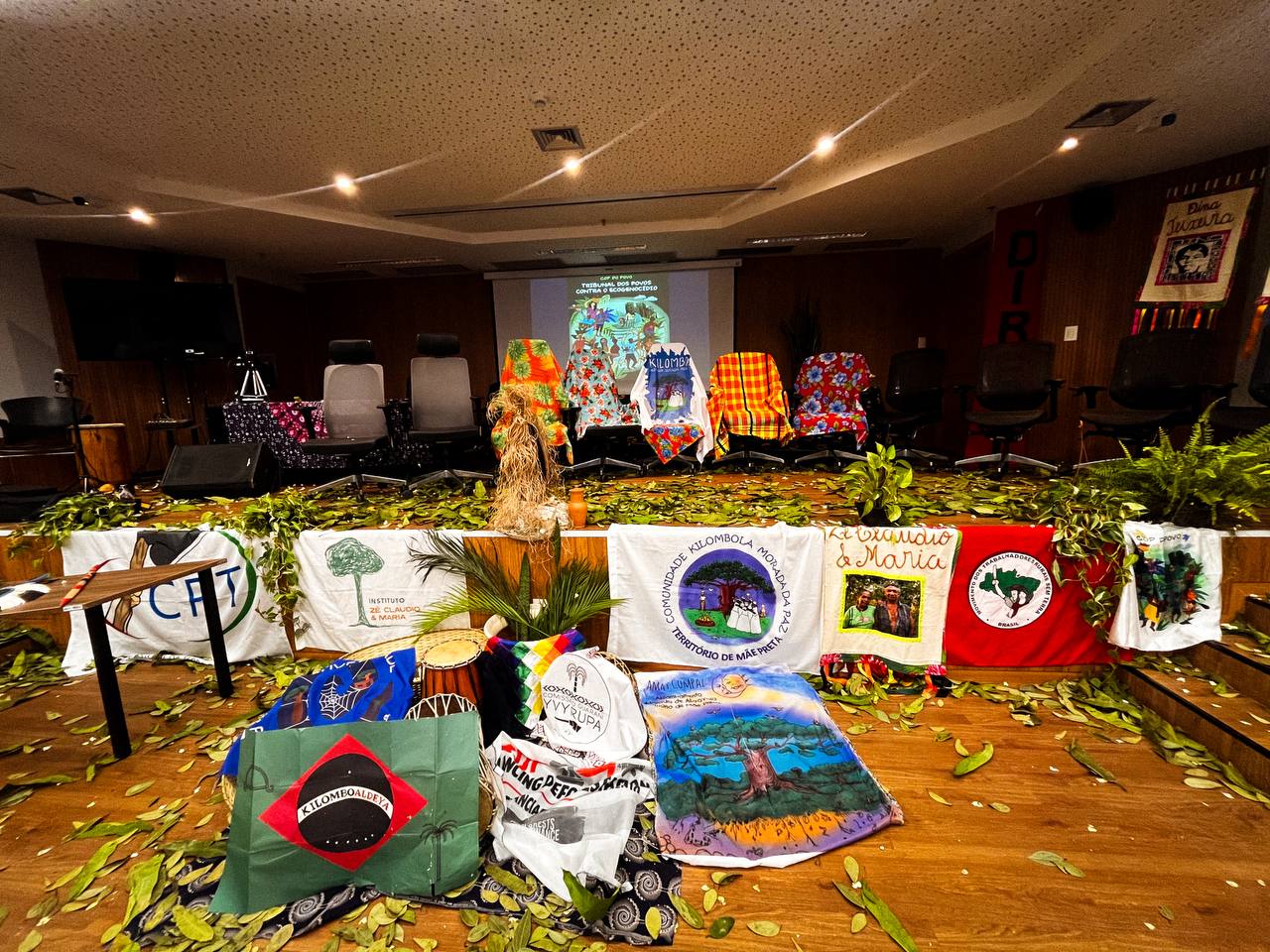
Brazil “Poison Package” bill reinforce relapse into pesticide use
The Brazilian House of Representatives approved a Bill that will enlarge the use of pesticides, and give it a “healthy makeup”, changing how is it called to seem less harmful
By Domiziana Marinelli for EU Correspondent project
By 301 to 150, the House of Representatives approved the “Pacote do Veneno” or “Poison Package” (PL 6299/2002), on Wednesday night (09), in less than 4 hours of debate between the approval of the urgency request and the vote on the bill. Without popular participation, the project now follows for consideration by the Senate, making the upcoming weeks crucial in order to intervene.
The bill moves forward in a context of a record increase in the release of pesticides during the Bolsonaro administration, some of them extremely toxic and many banned in the European Union. There were more than 1,500 new products released since the beginning of Bolsonaro’s administration, 562 in 2021 alone.
The bill makes the use of pesticides in the country even more flexible and replaces the current legal framework (Law 7.802), in force since 1989. In violation of several articles of the Constitution and agreements and treaties that Brazil has ratified, the bill provides for the release of carcinogenic pesticides; greater power to the Ministry of Agriculture and Livestock (MAPA), and disallowance of Anvisa and Ibama; and opens space for an “industry” of Temporary Registrations.
In opposition, projects that aim to reduce the use of pesticides are still at a standstill in the legislative house. Among the projects that have not yet gained space in the House is the one that proposes the National Policy for the Reduction of Pesticides, the PNARA (bill nº 6.670/2016). Built by hundreds of entities from the countryside and the city, linked to the production and defense of agroecology, public health, science and nature, the PNARA opposes the Poison Package.
The position of most congressmen and congresswomen ignores dozens of public scientific institutions, technical bodies, entities representing the Public Health System, and civil society organizations, which have spoken out against Bill 6299 through public notes over the past two years. Among them are the National Health Surveillance Agency (Anvisa), Oswaldo Cruz Foundation (Fiocruz), the National Cancer Institute (INCA), the United Nations (UN), the Office of the Federal Public Defender, and the Federal and Labor Public Prosecutor’s Office and the Permanent Campaign Against Pesticides and for Life (Campanha Permanente Contra os Agrotóxicos e pela Vida).
This new law will also exacerbate the current status of the EU-Mercosur free trade agreement, temporarily stuck at the national ratification lever due to unalignment regarding the topic of environment protection and forests and which will be discussed in the upcoming months.
Regarding pesticides, the EU is sadly already playing a double standard game. In fact, pesticides prohibited in the EU are massively exported in Mercosur countries (and mainly Brazil), dangerous substances which return to the EU through food imports. As explained in a study published by the Left group in the European Parliament, the EU has exported 7.000 tonnes of deadly pesticides, banned in the EU, to Mercosur countries in 2018-2019. Not coherent with the new Farm to Fork strategy and Sustainable Strategy Directive.
Source: Câmara aprova Pacote do Veneno em votação relâmpago e marca “derrota civilizatória”




